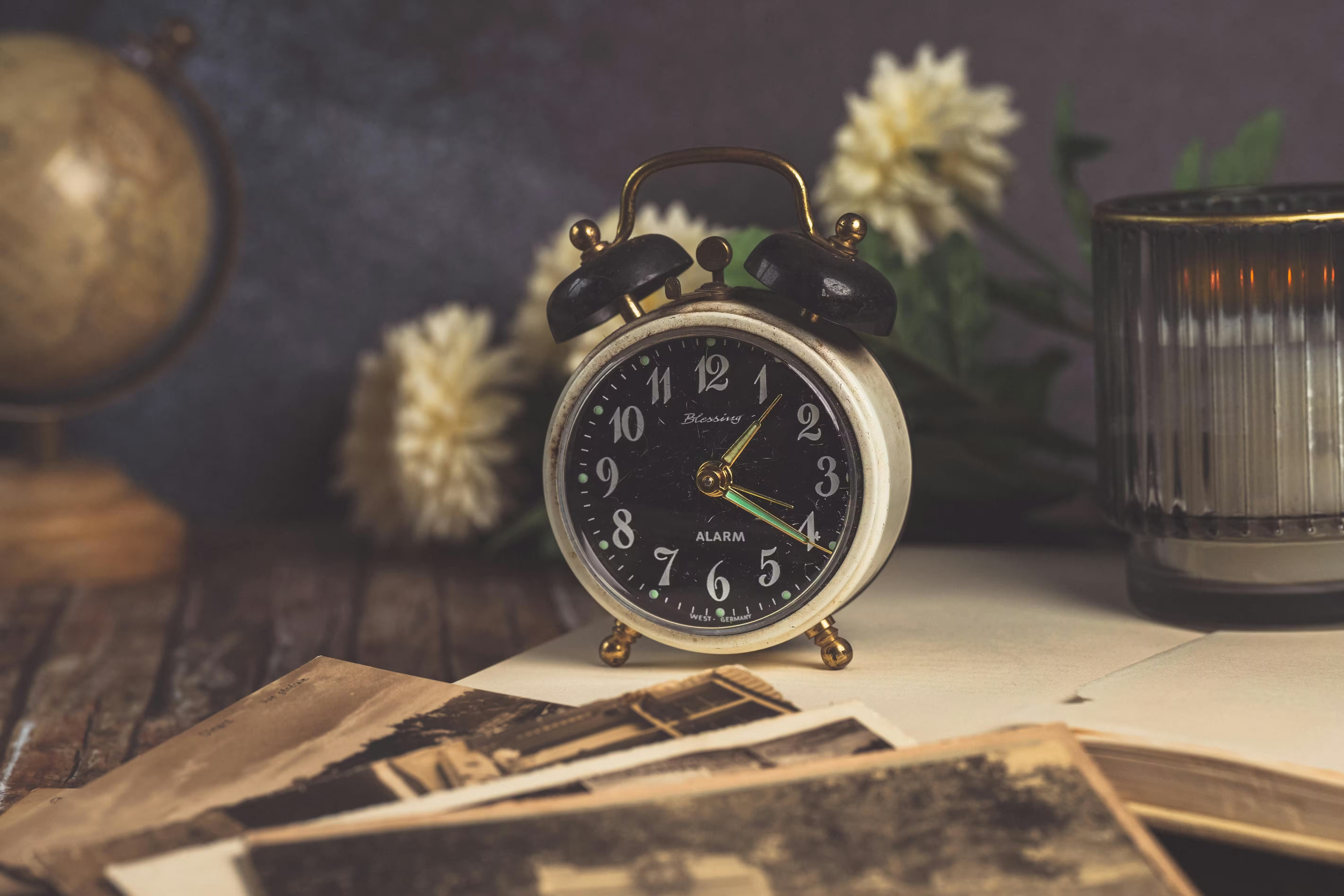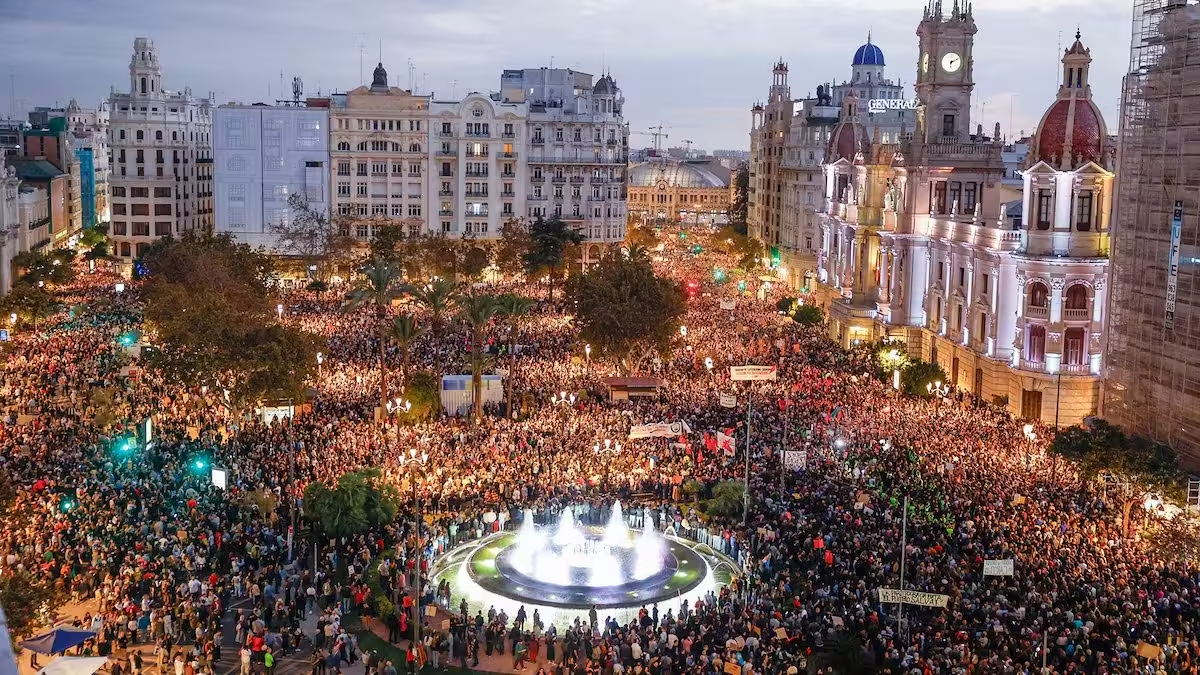When Do the Clocks Go Back in Spain? Everything You Need to Know
The clocks in Spain will go back one hour in the early hours of Sunday, October 26, 2025, marking the official start of winter time. At 3:00 a.m., the clocks will move back to 2:00 a.m. on the mainland (and from 2:00 a.m. to 1:00 a.m. in the Canary Islands). It means an extra hour of sleep that night, at least for some.
For parents of babies and young children, that “extra hour” rarely exists, as little ones tend to wake up at the same time regardless of what the clock says. So, while many will enjoy a longer lie-in, families might find themselves starting the day even earlier than usual.
Why the System Exists
The idea of changing the clocks isn’t new, Spain first adopted daylight saving time in 1918, in line with other European countries trying to save fuel during wartime. It was used on and off throughout the 20th century, particularly during energy shortages.
The system became standardised across the European Economic Community in 1980, to ensure all member countries changed their clocks on the same dates. Back then, the goal was to make better use of daylight and reduce electricity consumption, something that made sense when most people worked outdoors or in factories.
Today, however, experts say those reasons no longer apply. Modern lifestyles, technology, and flexible work hours mean the energy savings are minimal, while the disruption to sleep and daily routines remains noticeable.
The Ongoing Debate: Should the Clock Change End?
This might be one of the last time changes in Spain if the government gets its way. Prime Minister Pedro Sánchez plans to ask the European Union to end the twice-yearly clock changes altogether.
In a video shared on social media, Sánchez said the practice “no longer makes sense,” arguing that it doesn’t save energy and has a negative impact on people’s health and daily lives. He noted that most Spanish people and most Europeans now oppose the change, and that “science tells us it disrupts our biological rhythms twice a year.”
The Spanish government believes it’s time for a modern, unified European approach. “We want a Europe that listens to citizens and adapts to their real lives, not to the clock,” Sánchez said.
Cambiar la hora dos veces al año ya no tiene sentido.
— Pedro Sánchez (@sanchezcastejon) October 20, 2025
Apenas ayuda a ahorrar energía y tiene un impacto negativo en la salud y en la vida de la gente.
Por eso, hoy el Gobierno de España propondrá a la UE acabar con el cambio de hora estacional en el Consejo de Energía y… pic.twitter.com/LA9UM0HVfG
How the Time Change Affects Us
Even a one-hour shift can unsettle our circadian rhythm, the internal body clock that regulates sleep, hormones, and alertness. In the days after the time change, many people feel tired, irritable, or struggle to fall asleep at their usual time.
The darker afternoons can also contribute to seasonal low mood, especially in people sensitive to reduced daylight. Exposure to less sunlight affects serotonin levels, a hormone linked to mood and focus, and can leave some feeling sluggish or down.
To adapt more easily:
- Try to get outside in the morning to soak up natural light.
- Stick to regular mealtimes and sleep routines.
- Avoid screens before bed to help your brain wind down.
- Add short walks or light exercise to your day, movement helps reset your body clock naturally.
For families, consistency helps everyone adjust, even if it means gently shifting bedtimes and morning routines for a few days.
Spain’s Time Zone Mystery
As well as this, what many people don’t realise is that Spain is actually in the wrong time zone. Geographically, the country is more aligned with Portugal and the UK, which both use Greenwich Mean Time (GMT). But Spain runs on Central European Time (CET), one hour ahead.
This change dates back to 1940, when General Francisco Franco decided to move Spain’s clocks forward to align with Nazi Germany during World War II. After the war ended, most countries returned to their original time zones, but Spain never did.
As a result, Spain’s clocks have been running an hour ahead of the sun for more than 80 years. In practical terms, it means later sunrises in winter and later sunsets in summer, something that shapes Spanish daily life, from late meals to later bedtimes.
How This Impacts Daily Life
Because of this permanent shift eastward, Spain’s internal clock is slightly out of sync with daylight. The day starts later and stretches later into the night. It’s part of why Spanish life runs on a famously late schedule, lunch at 2 or 3 p.m., dinner at 9 or 10 p.m., and children still playing in the park after dark.
While this rhythm suits many, experts say it can affect sleep quality and productivity, especially when combined with the seasonal clock change. When we turn the clocks back in autumn, mornings briefly feel brighter, but evenings darken much earlier, which can influence our energy levels and mood, as we mentioned.
A Country Slightly Out of Sync
Spain’s unique position, running an hour ahead of its natural time zone, means that the impact of clock changes can feel stronger here than in other parts of Europe. We live with late sunsets in summer and late sunrises in winter, making the seasonal adjustment feel even more noticeable.
As the clocks go back this weekend, most will simply enjoy that extra hour in bed (unless they have small children, of course). But if Spain’s proposal to the EU moves forward, this could be one of the last times we change our clocks, and perhaps, finally, a step toward living a little more in tune with the sun.
Share this content:




4 comments